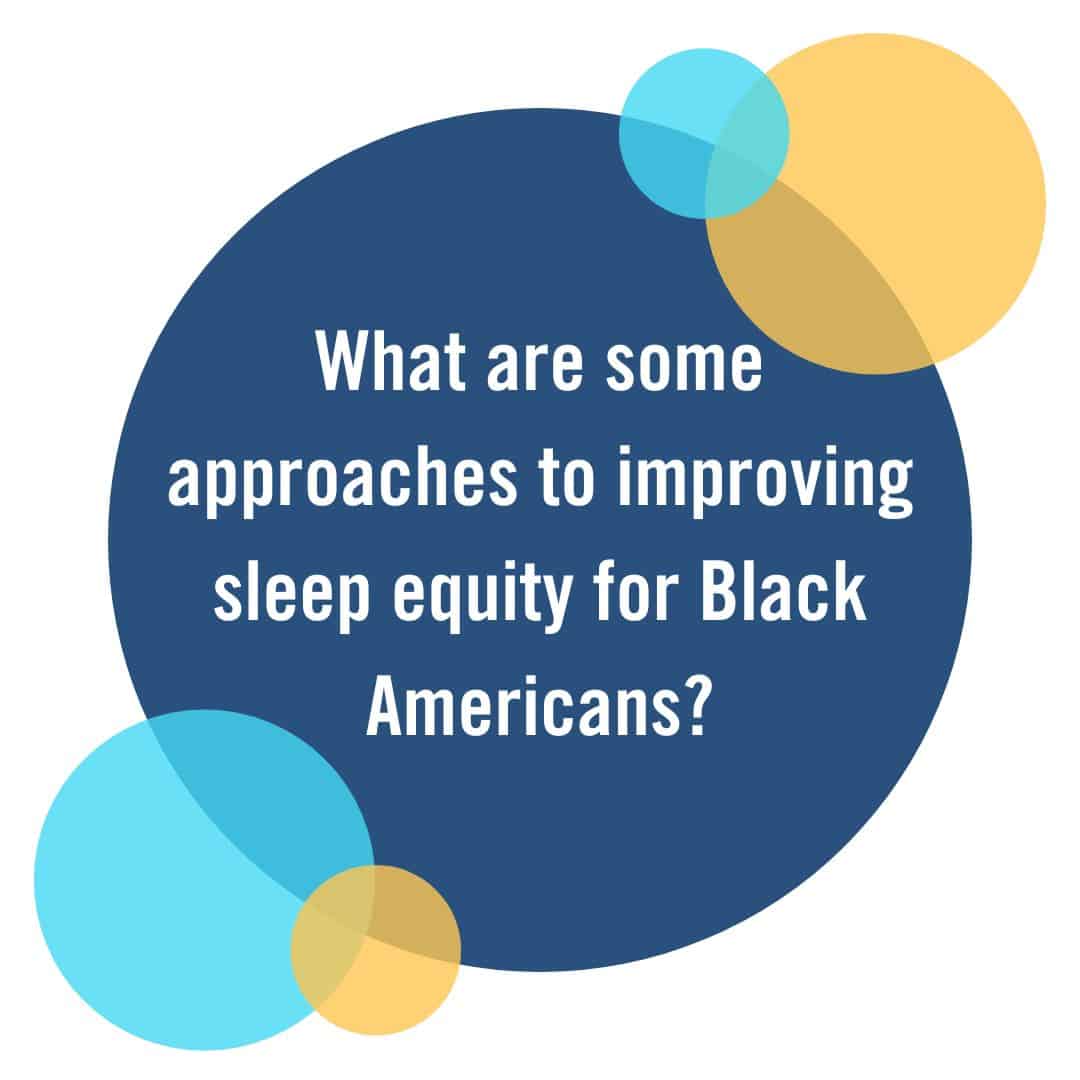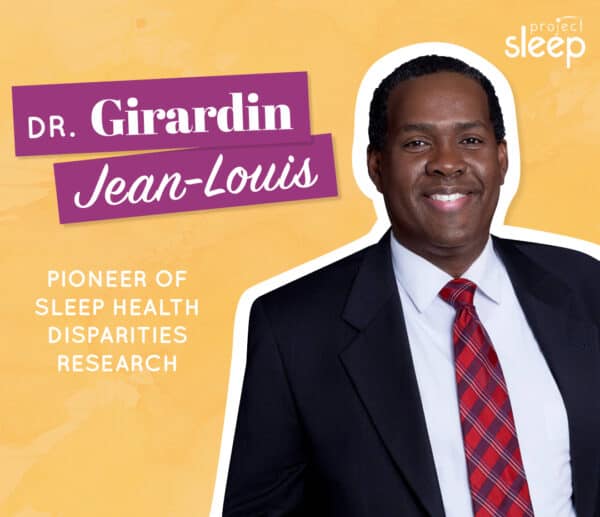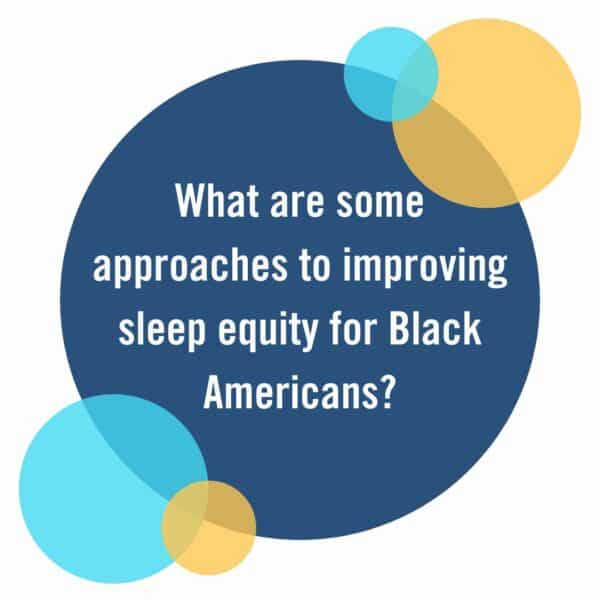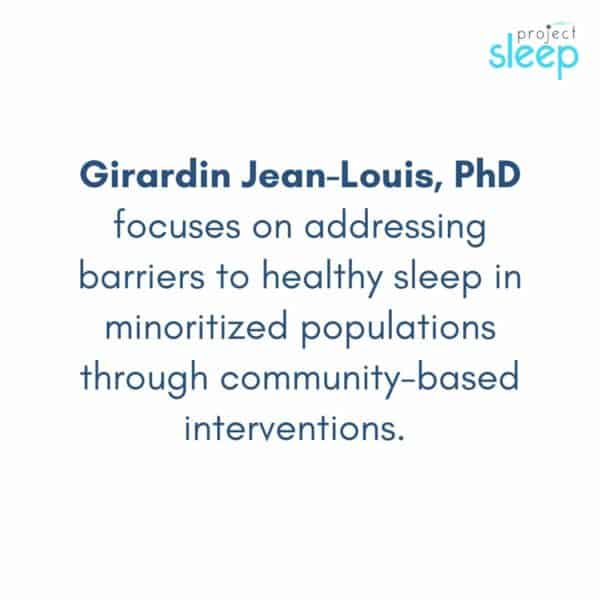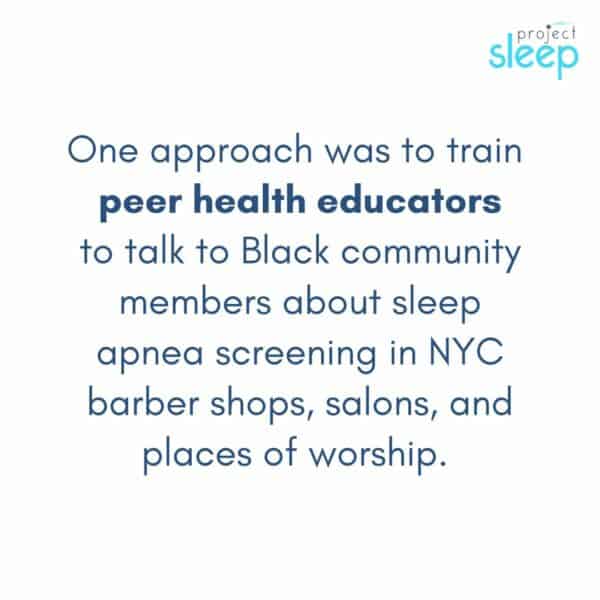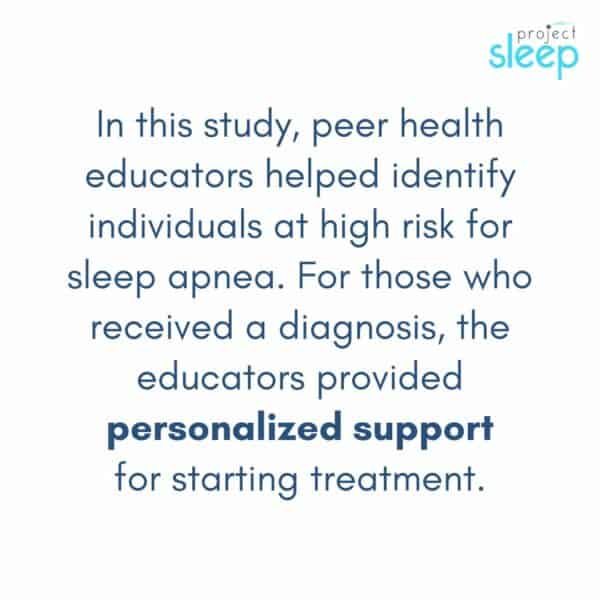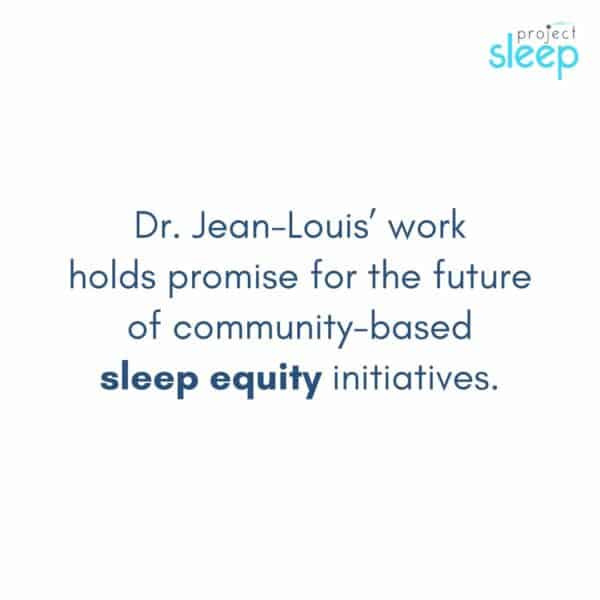This Black History Month, we’re talking about sleep equity and how it relates to Black Americans. We defined sleep equity and sleep disparities, and discussed how racism affects sleep. So, what are some approaches to improving sleep equity for Black Americans?
Reducing Sleep Health Disparities in Black Americans
As a renowned leader in sleep disparities research, Girardin Jean-Louis, PhD has focused on addressing barriers to healthy sleep in minoritized populations through practical, culturally-tailored, community-based interventions for over 20 years. Guiding his work is the theory that sleep disparities are a significant contributor to racial health gaps in the U.S., and he has studied several approaches to reducing sleep health disparities in Black Americans.
To dispense with health disparities or to help reach health equity, we have determined that not only do we have to appreciate what the barriers are, but also develop programs to overcome them.”
– Dr. Girardin Jean-Louis, via NYU’s Dormancy project

